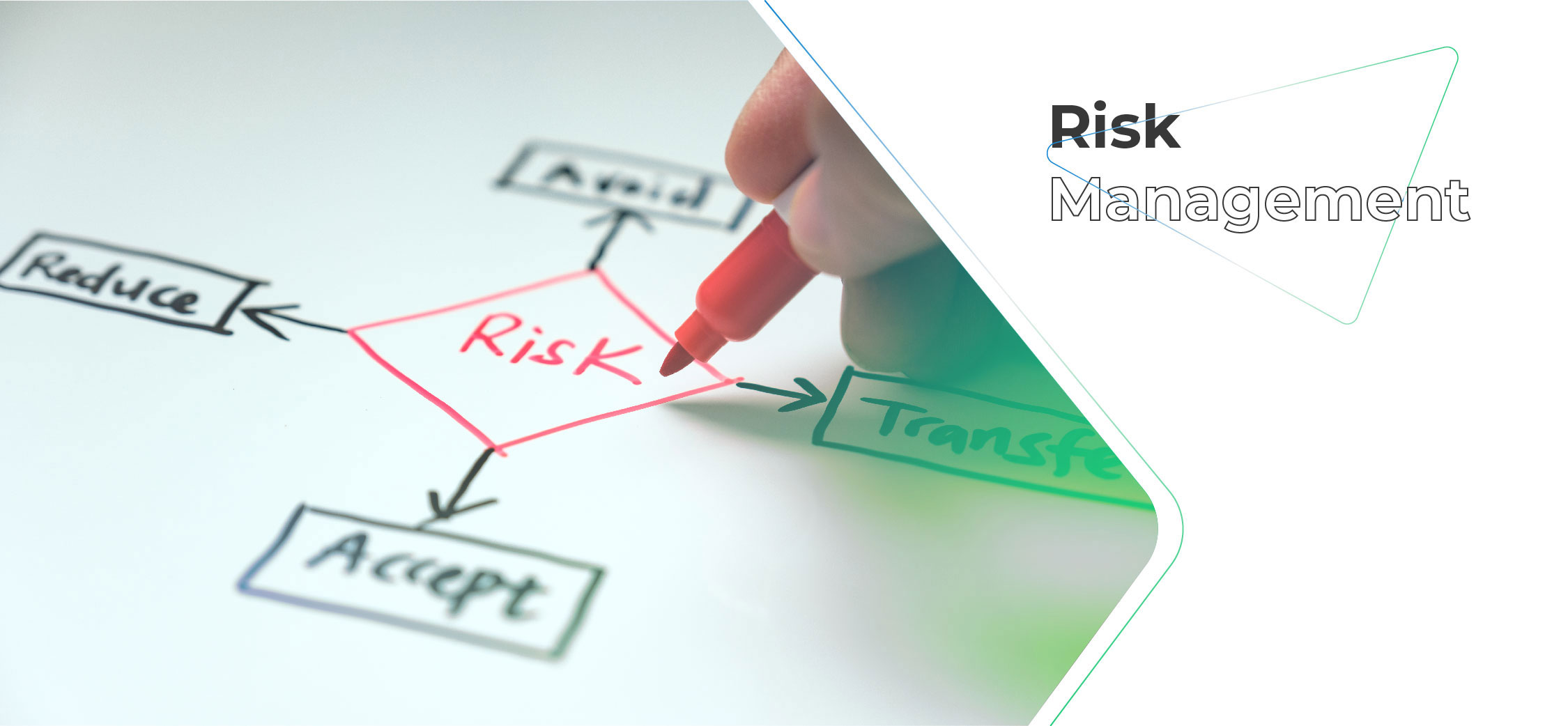
ESG Center
Focus on driving sustainable business, practices through expert consulting, training, advising, assistance, and innovative solutions in Environment, Social, and Governance (ESG).

Risk is a closely related part of business. Although inseparable, risks can be managed so that bad results can be reduced. The biggest challenge for small business owners is finding a balance between peace of mind and profitability.
It is unrealistic for a businessman to try to completely eliminate risk from his business. When a person tries hard to avoid risk, his business will never thrive.
Launching from ClearHouse Accountants, risk management refers to the process of identifying, evaluating, and responding to risks that will have a negative impact on the business. These risks can be caused by external and internal factors.
Business owners need to understand that they can face risks regardless of the nature of the business and its size. In addition, the risks faced can have a different impact on each business operation and challenge long-term business continuity.
Risk management is a company's way to prepare for the worst and reduce unexpected events. This refers to the negative impact that can be detrimental on the company's resources and expenses.
The International Organization for Standardization under ISO 31000:2018 includes guidelines for risk management. Every business should try to work in tandem to ensure their business is risk-ready.
Businesses must have a strategy that can help identify risks. A phased approach to business risks can help them determine what they might face in the future.
It is necessary to be able to be aware of the risks that may be faced before actually being able to develop a risk response strategy. Still quoted from ClearHouse Accountants, here are the five main risks that businesses may face and hinder achievement.
The emergence of this risk is directly related to the company's strategy. Strategic risk can prevent a business from achieving its goals. The cause can arise from poor strategic planning or from wrong implementation.
For this reason, a comprehensive and well thought out business strategy design is needed. You may be able to hire an accountant who can help you reduce or avoid this risk.
This refers to the risk that occurs when a business does not comply with all necessary laws and regulations. In this case, your business may face compliance risk.
This can even happen to a business that has grown and you have stopped dealing with matters of compliance values. For this reason, you must be able to ensure business security related to various regulations related to the scale of your business.
It is clear that this risk refers to the potential for sudden financial losses in the form of money. This can be related to cash flow in and out of your business. Financial risk has the highest potential in certain situations.
For example, when a business relies on a single client for most of its revenue. This risk can also arise when a business is in too much debt. Financial risk is the most difficult to deal with because it can affect supplier payments or employee payroll.
Businesses are sometimes run with more concern about external issues. Often, there is no good risk management plan to deal with potential internal operational problems.
These risks can include failures of your day-to-day operations such as technical failures or personnel issues. While this type of risk may seem minimal compared to other risks, business operations are at the heart of it.
In order not to disrupt ongoing business operations, use in-depth scenario planning methodologies or other strategic methods to minimize high impact operational risks.
It doesn't matter how big or small your business is, business reputation is critical to continued business success. If the reputation of the business is damaged, you will not only lose revenue, but also business partners and clients along with staffing problems.
It is very important to have an effective business strategy that can protect your business from these risks. Choosing important organizational roles such as accountants, employees, directors, and marketing agents will help you minimize this risk.
You can follow our guide to effective hiring to help select the best talent. Ultimately, this can reduce the risk of employee turnover and produce dedicated talent.
The emergence of risks can threaten various scales of small, medium, or even established businesses. The risks that arise are also interrelated. You can train yourself or your employees through the Managing People & Organization program or the process and financial planning program at prasmul-eli to anticipate it.




INSIGHT AND KNOWLEDGE
RECOMMENDATION ARTICLES